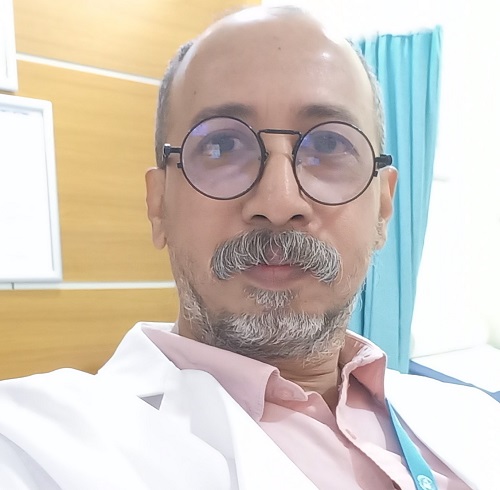Mohiuddin Hussain KHAN
Biography
Dr. Mohiuddin is a global health policy expert with over two decades of leadership in migration health and humanitarian response, currently serving as Programme Coordinator with IOM Philippines. As Migration Health Programme Manager in Afghanistan (2019–2023), he directed one of IOM’s largest health missions globally. He led a multi-sectoral emergency health portfolio in partnership with the Health Cluster, WHO, UN agencies, and the Ministry of Public Health. His initiatives delivered direct healthcare to nearly one million individuals and reached over four million through community-based outreach, while integrating mental health, psychosocial support, and reproductive health services into core programming.
Through strategic engagement with donors including the World Bank, Gates Foundation, and GAVI, Dr. Mohiuddin mobilized critical funding and developed context-sensitive TB control strategies for mobile Afghan populations. His policy leadership shaped the UN Transitional Frameworks and informed IOM’s Comprehensive Action Plans across South-Central Asia.
Beyond Afghanistan, he led health programming across Nigeria, Bangladesh, the Philippines, and Armenia—strengthening TB interventions through public-private collaboration, expanding health system capacities, and influencing global response frameworks. He holds a Ph.D. in Drug Management and Policy from Kanazawa University, Japan, an MPH from the University of Dhaka, and an MBBS from the University of Chittagong. His research work in Japan and Cambodia shaped regulatory policy on counterfeit medicines and enhanced cross-national health governance.
Dr. Mohiuddin’s strategic leadership in crisis-affected and displaced populations continues to reinforce IOM’s mandate through resilient health systems, regional coordination mechanisms, and inclusive service models. Widely respected for his ability to translate field-level complexities into actionable policy frameworks, he serves as a vital bridge between humanitarian response and sustainable development.

